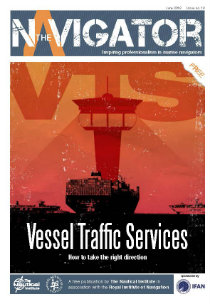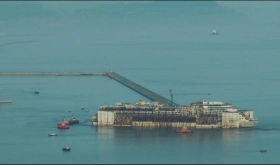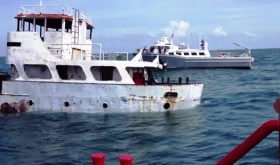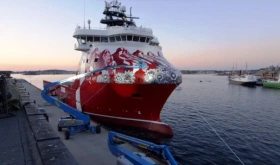Superyachting is not all that glamour that you probably are hoping for. It is hard work, long hours and stressful at times. Just remember, it is not your holiday. You will be working. Most of the people that have the idea of working on a yacht in their head, they think of it as a huge free holiday or a gap year. You must understand that this is not just a holiday job or gap year for students but it is also a real career. Working as superyacht crew offers a well paid job as well as travelling the world. www.SuperyachtCrewGuide.com offers some very useful information on how to start a career as superyacht crew and a summary of them is presented here.
In order to start a career as superyacht crew you should:
- be young, fit and healthy
- Be presentable (most jobs require this and a lot of crew agents will repeat this but you need to read between the lines. What it really means is you should be good looking with good physical appearance)
- Need not to get sea sick
- get along with people and different nationalitys easily.
- Not be affraid of hard long physical labor.
You will usually get daywork by dockwalking, through a friend or crew agent. This is where you start learning on the job. Yachts need dayworkers to get things done faster using extra hands. Don’t be affraid of asking questions, as most yacht crew would rather you ask how to use something before you use it and mess something up. Especially if you are a dayworker for a charter yacht turn around. This is where a yacht has just finished a charter and needs to be ready in a few hours before the next charter guests arrive. Generally these yachts ask for experience dayworkers to help.
There are many things one needs to know about Superyachting and surely not all of them can be analysed in a single post, but one important issue that one should take into account when considering a career in superyachting it the “Flags”. There is much more involved then just choosing a flag for a superyacht. It turns into more of a business practice. The correct term for this is called Flag of convenience, which is registering a superyacht or any ship in a sovereign state different than the owners home country and flying the civil ensign of that registered state. In today’s superyachting environment the main reason for registering a superyacht in a sovereign state is for the owner to reduce operating costs and avoid taxes of which their home country’s flag would incur. This is not always the case, as alot of superyacht owners still register them with their home countrys flag and put up with the exceeded costs in doing so.
The Cayman Island flag is one of the most popular superyachting flags. This all depends on the owners preference. What does this mean for crew? There is no big difference between flags although what does concern crew is the manning requirements each flag has. Each flag has its own manning requirements according to the yachts size and if it will charter or not.
The Cayman Island flag in particular follows the MCA requirements closely. If you know anything about history, the Cayman Islands is a british colony therefor it adapts a lot of their rules. So following the MCA requirements closely it is harder for some crew to get their countrys qualifications endorsed or recognised by the Cayman Island. Eg. Australians who hold Master Class V, or MED 2 tickets cannot get them converted to anything that a Cayman Island flagged superyacht will recognise.
Another well known flag is the Marshall Islands flag. This is a little different compared to the Cayman flag. The manning requirements are a little different and the Marshall Islands Registry seems more open to looking at crew needing a Marshall Island CoE (Certificate of Endorsement).
The Marshall Islands also offers a 350GT captains license unlike Cayman Islands. This allows captains to Master vessels from 0GT up to 350GT. It opens more doors without the big cost needed to outlay for the Master 500GT. Eg. Australians who hold Master V, Master IV, MED1 & MED2 tickets can get them endorsed by the Marshall Islands Registry.
For more information on working on board a super yacht please refer to www.SuperyachtCrewGuide.com














Leave a Comment